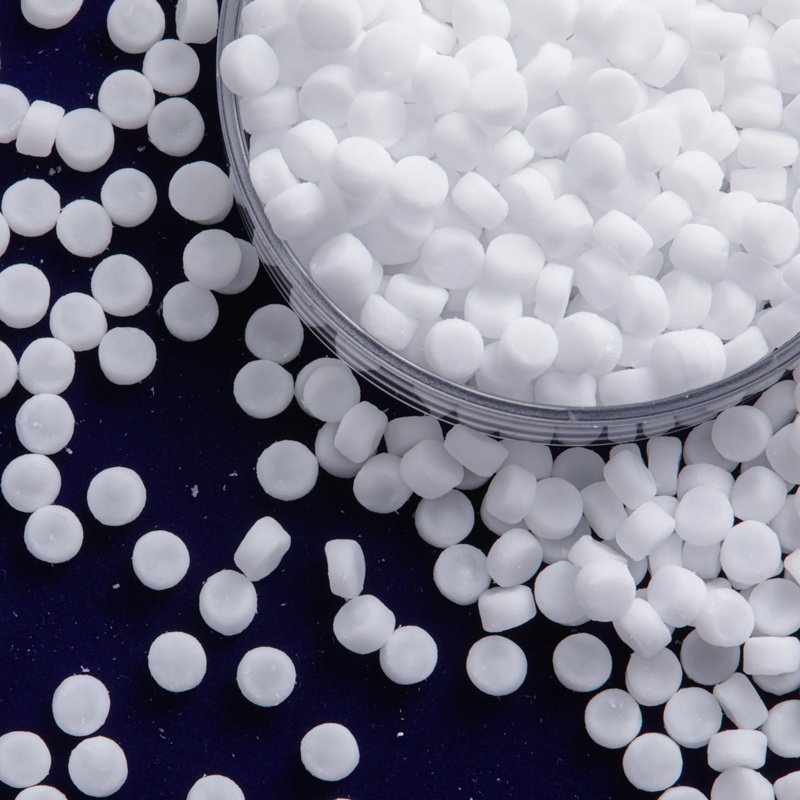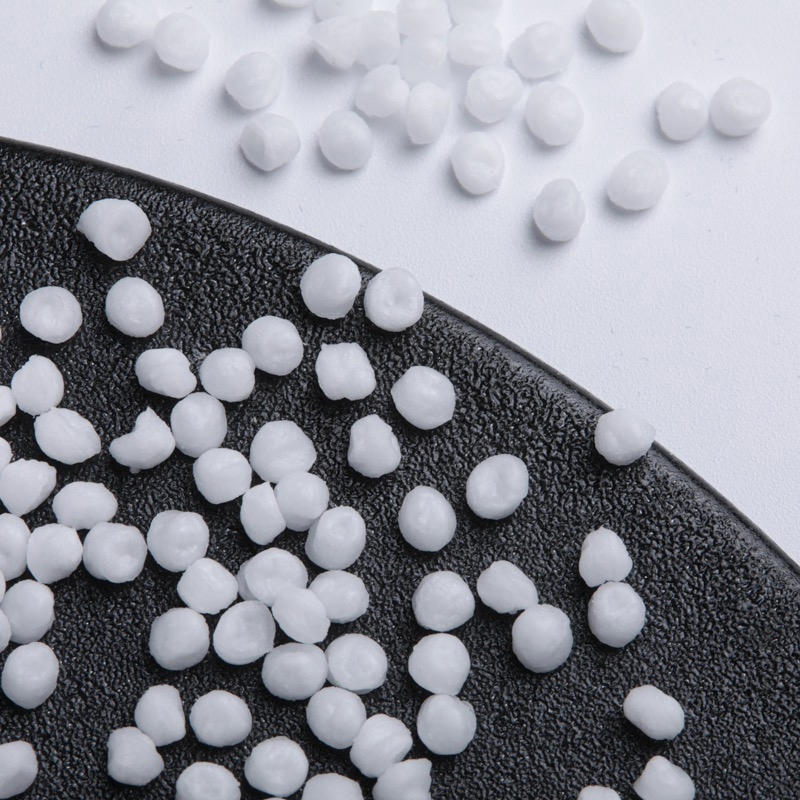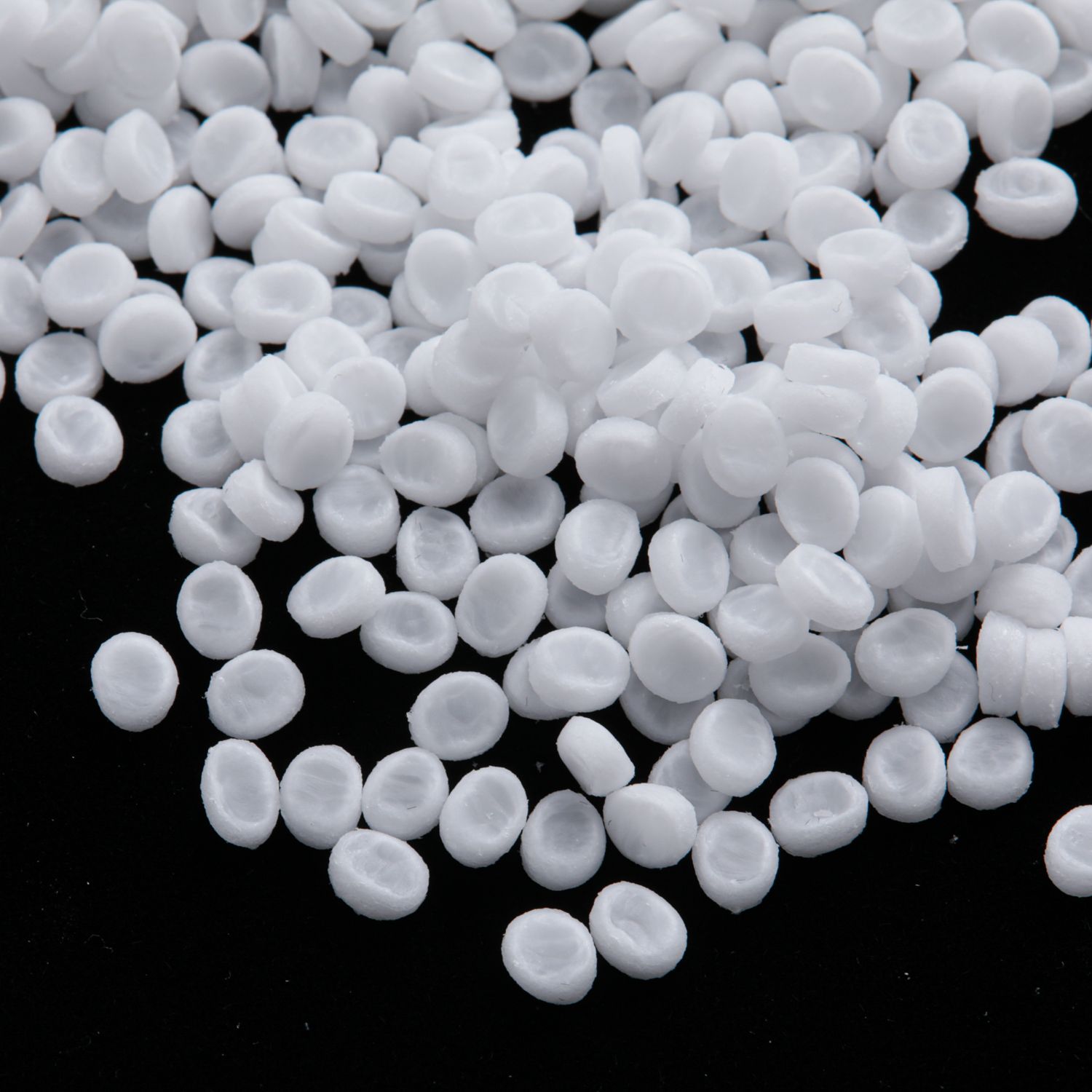As the demand for high-performance plastic products continues to grow, manufacturers are seeking new ways to enhance the properties and functionality of their formulations. One powerful tool in this pursuit is the use of silicone masterbatch additives, which can help to improve the thermal, mechanical, and electrical properties of plastic materials.
Silicone masterbatch additives consist of a carrier resin that is infused with silicone particles, which are designed to improve the properties of the plastic material when added to the formulation. By evenly dispersing the silicone particles throughout the plastic material, silicone masterbatch additives can help to enhance the durability, longevity, and functionality of a wide range of plastic products.
One of the key benefits of using silicone masterbatch additives is their ability to improve the thermal properties of plastic materials. Silicone is known for its excellent heat resistance, and adding silicone masterbatch to a plastic formulation can help to improve the material’s ability to withstand high temperatures. This can be particularly useful in applications where the plastic material will be exposed to heat, such as in automotive or electronic components.
In addition to their thermal properties, silicone masterbatch additives can also improve the mechanical properties of plastic materials. The addition of silicone can help to improve the material’s strength, flexibility, and impact resistance, making it more durable and resistant to damage. This can be particularly useful in applications where the plastic material will be exposed to wear and tear, such as in consumer products or industrial equipment.
Another benefit of using silicone masterbatch additives is their ability to improve the electrical properties of plastic materials. Silicone is an excellent insulator, and adding silicone to a plastic formulation can help to improve the material’s ability to resist electrical current. This can be particularly useful in applications where the plastic material will be used in electronic components or other electrical devices.
There are several different types of silicone masterbatch additives available, each with its own unique properties and characteristics. For example, some types of silicone masterbatch additives may be designed for use in high-temperature applications, while others may be optimized for their electrical properties. It is important to choose the right type of masterbatch additive for the specific needs of the application.
In addition to their technical benefits, silicone masterbatch additives can also offer practical advantages in the manufacturing process. By adding masterbatch to the plastic formulation, manufacturers can reduce production time and waste, as well as improve the consistency and quality of the final product. This can be particularly useful in large-scale manufacturing operations where efficiency and cost-effectiveness are key priorities.
here are some additional points to consider when it comes to silicone masterbatch additives for plastic processing:
One important consideration when using silicone masterbatch additives is the need to balance the desired properties with the potential drawbacks. For example, while adding silicone can improve the thermal properties of plastic materials, it can also reduce their transparency and impact resistance. It is important to carefully weigh these factors when selecting and using masterbatch additives to ensure that the final product meets the required specifications and performance standards.
Another factor to consider is the compatibility of the masterbatch additive with the plastic material being used. Some types of silicone masterbatch may not be compatible with certain types of plastics, which can lead to problems with adhesion, compatibility, or other issues. It is important to carefully test the compatibility of the masterbatch with the plastic material before incorporating it into the formulation.
In addition to their use in plastic processing, silicone masterbatch additives can also be used in rubber processing to improve the properties of rubber materials. By adding silicone to rubber formulations, manufacturers can improve the material’s durability, heat resistance, and flexibility, making it more suitable for a wide range of applications.
Another potential application for silicone masterbatch additives is in the production of coatings and adhesives. By adding silicone to these materials, manufacturers can improve their resistance to heat, moisture, and other environmental factors, making them more durable and long-lasting.
When using silicone masterbatch additives, it is important to follow the recommended guidelines and procedures for incorporation and processing. This may include using specialized equipment or techniques to ensure that the masterbatch is evenly distributed throughout the plastic material.
Finally, it is important to work with a reputable supplier when selecting and purchasing silicone masterbatch additives. A trusted supplier can provide guidance and support throughout the process, helping to ensure that the final product meets the required specifications and performance standards.
silicone masterbatch additives offer a powerful tool for improving the properties and functionality of plastic materials. By carefully selecting and using the right type and amount of masterbatch, manufacturers can achieve the desired results and meet the needs of their customers in a wide range of industries and applications. However, it is important to carefully consider the potential benefits and drawbacks, as well as the compatibility and processing requirements, before incorporating masterbatch additives into a plastic or rubber formulation.
Related Products




